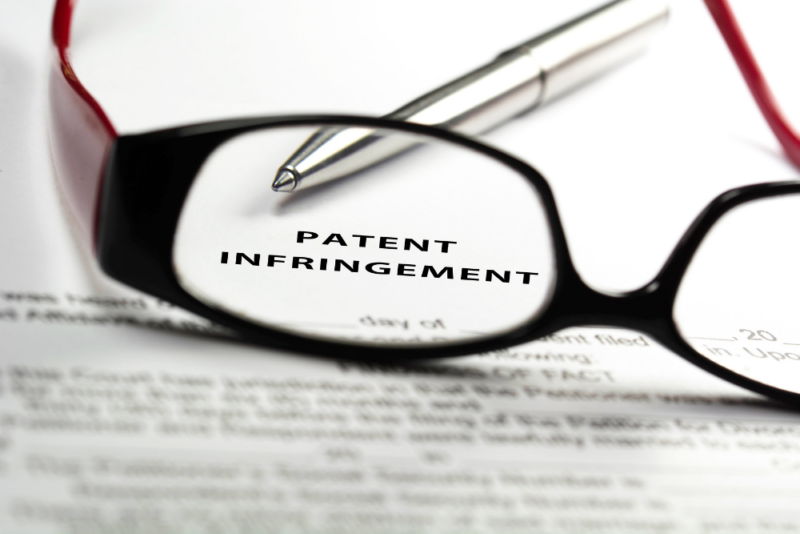For more recent updates, read our article on the Non-Compete Ban.
The Massachusetts Legislature has attempted to pass legislation regulating noncompete agreements every year since 2009. This year, it finally succeeded. The new law, which will take effect on October 1, 2018, makes important changes to the body of Massachusetts noncompete “common law” that has evolved over many decades.
Here Are Highlights of the New Non-Compete Law
Not Retroactive. The law is not retroactive. Any non-compete entered into before October
1, 2018 (we refer to this as simply “2018” from this point forward) is unaffected. This means that, as a practical matter, there will be two bodies of law: judges will apply the “old” law to pre-2018 agreements, and the new statute to agreements entered into after 2018.
The Ten Day Notice Requirement. For a noncompete to be enforceable the employer must
follow certain procedures. The most important of these is that a written noncompete agreement must be provided to the employee before a formal offer of employment is made, and at least 10 days before employment begins. This means that the new employee can’t be ambushed with a noncompete at the last minute. “You’ll start work tomorrow” is a thing of the past, at least where the employer wants a noncompete in place.
Employees Terminated Without Cause/Laid Off. A noncompete agreement may not be enforced against certain categories of employees. The most important category is employees terminated without cause or laid off. This means that noncompetes will only be enforceable against employees who voluntarily resign
or who are terminated for “cause” – a term that is left undefined in the law. This is a significant change from the pre-2018 law.
Hourly Employees Exempt. In addition, the law does not permit enforcement of noncompete agreements against “non-exempt” employees (such as hourly employees eligible for overtime) and students.
Noncompetes and the Sale of a Business. Massachusetts common law has treated noncompete agreements tied to the sale of a business more liberally than employer/employee agreements. The new law does not change this – it does not regulate noncompetes entered into by business owners in connection with the sale of a business.
For More Information, Contact Us Below:
Non-Solicitation/No-Hire Agreements. The law does not affect agreements in which an
employee agrees not to solicit or hire employees of the employer or not to solicit or transact business with customers of the employer (“non-solicitation”/“no-hire” agreements). This is an important exception that employers will want to utilize. However, it is not a blank check to impose lengthy restrictions, since these agreements will consideration independent from the continuation of employment.” However, as noted above, all noncompetes must provide “garden leave” pay or some “other mutually agreed upon consideration.” It is unclear whether the reference to “fair and reasonable consideration” is a reference to garden leave pay, mutually agreed upon consideration or something more. We’ll be watching to see how the courts interpret this section of the law.
Employers Outside Massachusetts. Employers based outside of Massachusetts may not be able
to avoid the Massachusetts noncompete law by stating that a noncompete agreement is subject to the laws of another state or treating the employee as an independent contractor. The
law applies if the employee is, and has been for at least 30 days immediately preceding cessation of employment, a resident of or employed in Massachusetts at the time of termination of employment. And, the law expressly applies to independent contractors.
What To Do Now. Many companies have standard noncompete agreements that they have
used for years, and that they rarely review. It is safe to assume that these agreements do not comply with the new Massachusetts compete law. Very likely, every existing boilerplate noncompete agreement covering a Massachusetts employee will be obsolete (and unenforceable) beginning on October 1, 2018. The new noncompete regime in Massachusetts is complex, and it will be in effect in less than two months. Any company that plans to use a noncompete agreement after that date should begin the
process of revising their agreements in time to meet this deadline.
Contact the Authors
Check Out Our Latest Publications:
- CORPORATE TRANSPARENCY ACT UPDATE: FIFTH CIRCUIT LIFTS NATIONWIDE PRELIMINARY INJUNCTION – FINCEN EXTENDS FILING DEADLINES
- CLIENT ALERT: Federal Court Enjoins CTA Enforcement; Jan 1 Deadline Stayed

- Client Update: US Corporate Transparency Act Reports Due By Year-End

- Are Statutory Changes Coming to the Common Law Experimental Use Exception to Patent Infringement?

- Client Success Stories – GrowthLab Financial Services

- Foundational Financing Puzzle Pieces

